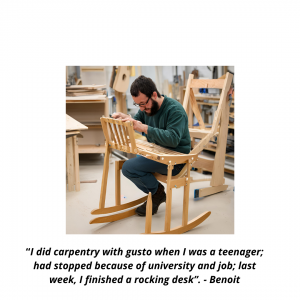Two weeks ago, my writing buddy emailed me her thoughts on a book I had mentioned to her. “The characters are reduced to their nationalities; most of them are just clichés. This isn’t my idea of multiculturalism,” she wrote. A few days later, a freelance journalist acquaintance shared a similar perspective, detailing her concerns, which were not only about the book’s portrayal of diversity. Yet, this novel has received overwhelmingly positive reviews.
Positive professional and public reviews can encourage authors to write more, refine their craft, and take bold risks in their storytelling. However, a single negative review can feel like a devastating blow. As an author, I find this unsettling. What should we do when we strongly disapprove of how a book handles its subject matter?
These recent discussions about books led me to think more deeply about the bandwagon effect and its influence on literary reviews.
The bandwagon effect is a psychological phenomenon in which people adopt opinions or trends simply because others do. In literature, this manifests when a book gains popularity due to hype rather than its intrinsic quality. Bestseller lists, social media trends, and endorsements from celebrities or friends can propel a book to success, sometimes overshadowing lesser-known works that may be equally (if not more) deserving of attention.
Book reviewing plays a crucial role in counteracting this trend. Thoughtful and balanced critiques shed light on a book’s strengths and weaknesses, including any stereotypes or biases it may contain. This, in turn, encourages readers to think critically and form their own opinions instead of blindly following the crowd.
Reviewers must approach their task with perceptiveness so that they do not fall prey to the bandwagon effect. Their goal should be to offer diverse and enriching perspectives, allowing high-quality books to shine regardless of their commercial appeal or the stature of their authors and publishers.
As Haruki Murakami, the renowned Japanese author, wisely said: “If you only read the books that everyone else is reading, you can only think what everyone else is thinking.”

March 15 & 16, 2025 at Lux Expo, Kirchberg, Luxembourg. See you there!
March 21 is the UN-Declared International Day for the Elimination of Racial Discrimination.



